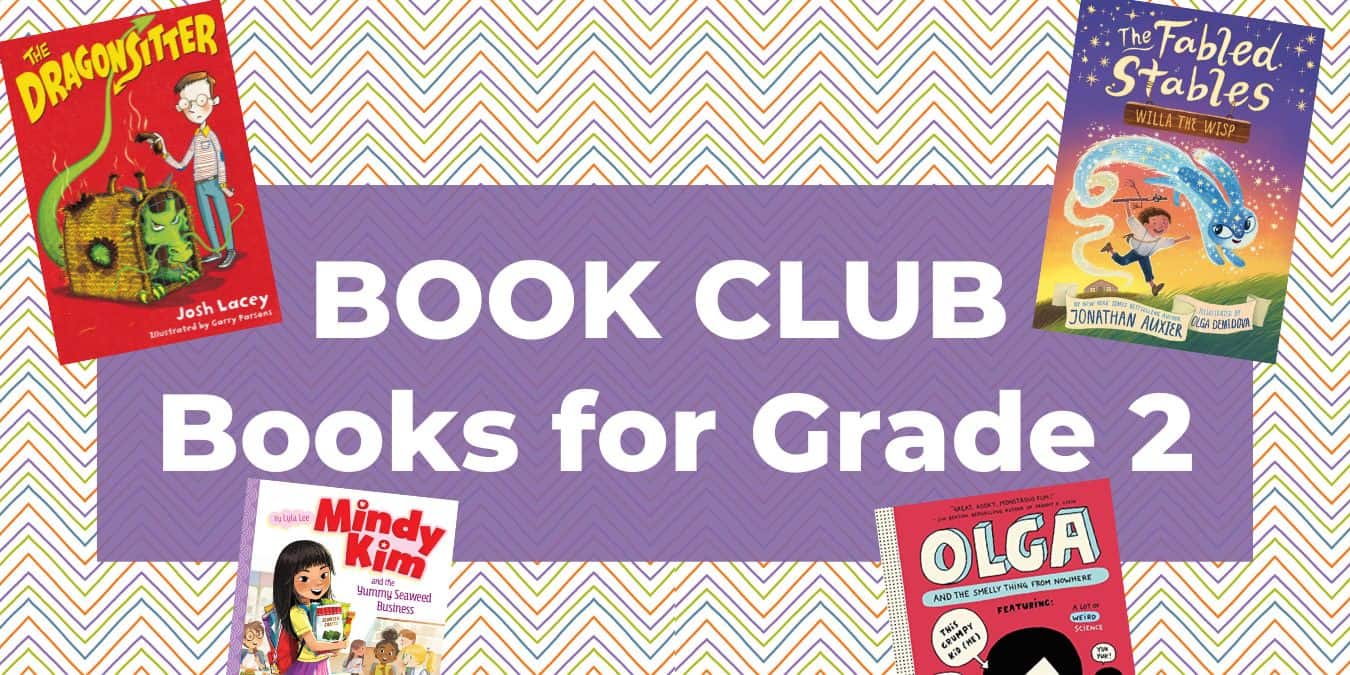
Teen slang spreads rapidly through social media platforms like tiktok. It can be incredibly difficult as a parent to keep up with all of the new lingo. If you don’t keep up with the newest teen slang, you may be left behind in being able to communicate with your teen. Maybe you can get a bit closer to understanding what your teen means by “bet! That plan sounds lowkey lit.”
Using teenage slang incorrectly can come off as “cringe”, so it is critical to understand the definition and application. Some teen slang can only be used in the correct situations with the right pronunciation.
List of Teen Slang
Addy: Short for “address,” it is also used to refer to Adderall.
Aesthetic: A term used to describe the overall style or vibe of something.
Ate: A term used to show praise or admiration for someone who did a really good job, usually in the context of music or fashion on social media.
Aura: A term used to describe the vibe, energy, or presence someone gives off.
Bae: An endearing term used to describe someone’s partner, synonymous with “babe” or “honey.”
Basic: Describes someone who follows the most common trends and prefers the mainstream, seen as lacking originality or creativity.
Beef: A term used to describe a conflict or disagreement between people, often involving arguments or tension.
Bet: Used as confirmation, similar to “ok” or “yes.”
Body count: Refers to the number of people someone has slept with.
Brainrot: When someone spends too much time consuming content online, especially TikTok, to the point where it affects their thinking.
Brat: A person who is unapologetically bold, confident in themselves, and sometimes a bit messy or unpredictable. Popularized by the 2024 Charli XCX album “brat”.
Bruh: Means the same as “bro” but used to express disbelief, frustration, or surprise.
Bussin: Very good, usually used to describe food.
Bye Felicia: Used to brush someone off in a casual or rude way.
Clout: Refers to someone’s influence or power, especially on social media.
Clutch: Describes something or someone that comes through in a critical or important moment.
Cross-Faded: Describes being high and drunk at the same time.
Dank: High quality, originally used to describe weed but now often refers to memes.
Deadass: A phrase used to express seriousness, similar to “I’m dead serious.”
Dope: Something that is really cool, impressive, or exciting.
Drip: Refers to clothing or fashion sense, specifically when someone is fashionable.
Extra: Describes someone who is over-the-top or dramatic in their behavior or style.
Fam: Refers to a close group of friends.
Fanum Tax: Refers to the playful act of taking a small portion of food from a friend without asking.
Finsta: Someone’s fake Instagram account.
Frenemy: Someone who appears to be a friend but is actually an enemy or rival.
Ghosting: Ending a relationship by abruptly ceasing all communication.
Glow up: A makeover or significant improvement, either physically or emotionally.
GYAT: Refers to a voluptuous butt. Abbreviated from “goddamn.”
Highkey: Implies great importance.
Hits different: Refers to something being better than usual or having a stronger impact than expected.
Hook up: Refers to being physical with someone without a long-term commitment. The definition varies by group or age.
Karen: A rude or aggressive middle-aged woman, typically entitled or demanding.
Lit: Means fun but can also refer to getting drunk or high.
Lowkey: Implies a more relaxed or subtle attitude.
Mid: Refers to something that is mid-tier, average, or boring.
Mood: Used to express strong identification with a feeling or situation.
Netflix and chill: Originally meant to watch Netflix and relax, but now refers to hanging out with someone with the idea of hooking up.
NPC: Describes someone who lacks independent thought or originality, acting predictably like a “non-player character” in video games.
Ohio: Something strange, bad, or weird. Often used in memes to refer to bizarre situations.
Ok, boomer: A disparaging response to something teens consider outdated.
Pookie: A term of endearment, similar to “sweetie” or “babe.”
Player: Refers to a male who is good with or active with girls.
Plug: Refers to an individual who provides drugs or alcohol.
Rager: A huge party, often with alcohol.
Rizz: Describes someone’s ability to charm or attract others.
Roasted: Used when someone is made fun of or insulted, usually in a joking or playful way.
Salty: Describes someone who is upset, bitter, or annoyed over something small.
Ship: To approve of two people together as a couple.
Shook: Used to describe being emotionally or mentally unsettled, surprised, or deeply affected.
Sigma: Refers to someone, typically a man, who is independent, self-reliant, and doesn’t conform to social norms.
Sipping tea: Refers to quietly observing a situation, often involving gossip, without getting involved.
Spilling tea: Refers to sharing gossip with friends.
Stan: A fan of a celebrity, often intense or overzealous.
Sus: A shortened form of “suspicious,” used to describe something shady or untrustworthy.
Talk smack: To belittle someone.
Thirsty: Describes someone who is overly eager or desperate for attention, often romantically.
Tight: Refers to something that is really cool or impressive, or to a close relationship between people.
To sleep on: Refers to something that is underrated.
Throw shade: Subtly insulting or disrespecting someone in a clever or indirect way.
Turnt: Describes an event that was high energy or someone under the influence of substances.
Vlog: A video-based blog, usually uploaded to YouTube.
Woke: Describes someone who is aware of social issues, like inequality or injustice.
Yeet: To throw something with excessive force.
Za: Slang for marijuana, an abbreviation of “exotic.”
Teen Texting Slang
That was just conversations – texting is a whole new world of acronyms and slang words. Here’s our introduction into the dictionary of teenager texting slang.
AF: as fk
BF/GF: boyfriend/girlfriend
BTW: by the way
FOMO: fear of missing out
G2G/GTG: got to go
GOAT: greatest of all time
HBU: how ’bout you?
IDK: I don’t know
IDEK: I don’t even know
ILY: I love you
IRL: in real life
IYKYK: If you know, you know (an inside joke)
JK: just kidding
KYS: kill yourself
LMAO: laughing my a off
LOL: laughing out loud
NP: no problem
OG: original gangster (basically just means original)
OMG: oh my god
RN: right now
SMH: shaking my head (disapproval)
TBH: to be honest
TF: the fk (as in “what the fk”)
TL;DR: too long; didn’t read (this is usually a summary at the end of a long social media post)
TN: tonight
WBU: what ’bout you?
WTF: what the fuck
WYD: what are you doing?
V: very
Teen Slang Emojis
Emojis have become a core component of teen slang, and they can be seen in text exchanges and comments on social media. Most emojis mean just what you think they mean, but sometimes emojis have a double entendre.
– Upside down smiley face emoji, either passive aggressive or frustration/frustrated resignation.
– Winking face emoji, usually used in a flirtatious manner
– Smiling face with hearts emoji, usually used to show love or adoration for friends
– Skull emoji, essentially same as the “laughing” emoji, signifies something is hilarious. It is meant to express that you have “died laughing” from something.
– Eggplant emoji, used as a discrete way to describe a penis
– Peach emoji, used as a discrete way to describe a butt
– Sweat droplet emoji, often used in a sexual way to represent various fluids
– Smiling face with horns emoji, sometimes meant to represent naughtiness.
– Hot face emoji, also almost exclusively used in a sexual context to mean arousal
– Tongue emoji, another emoji that’s often used sexually, this one to refer to oral sex
– Hundred emoji, usually used in agreement or approval
– Thinking face emoji, meant to show that you’re thinking about something, often used sarcastically to show skepticism or confusion
– Flushed face emoji, can mean anything from embarrassed to flattery to surprise
Final Thoughts on Gen Z Slang
Teen slang is evolving faster than ever. The primary origin of new slang words is viral videos on TikTok. Your teens watch different content than you do online, so it is only natural that they pick up a different vocabulary that they use with their friends. However, not knowing what words Gen Z is using can be a roadblock in effective communication. For that reason, it is critical for parents to keep up with the new slang that their teens are using.

 PARENTING TIPS
PARENTING TIPS PREGNANCY
PREGNANCY BABY CARE
BABY CARE TODDLERS
TODDLERS TEENS
TEENS HEALTH CARE
HEALTH CARE ACTIVITIES & CRAFTS
ACTIVITIES & CRAFTS

